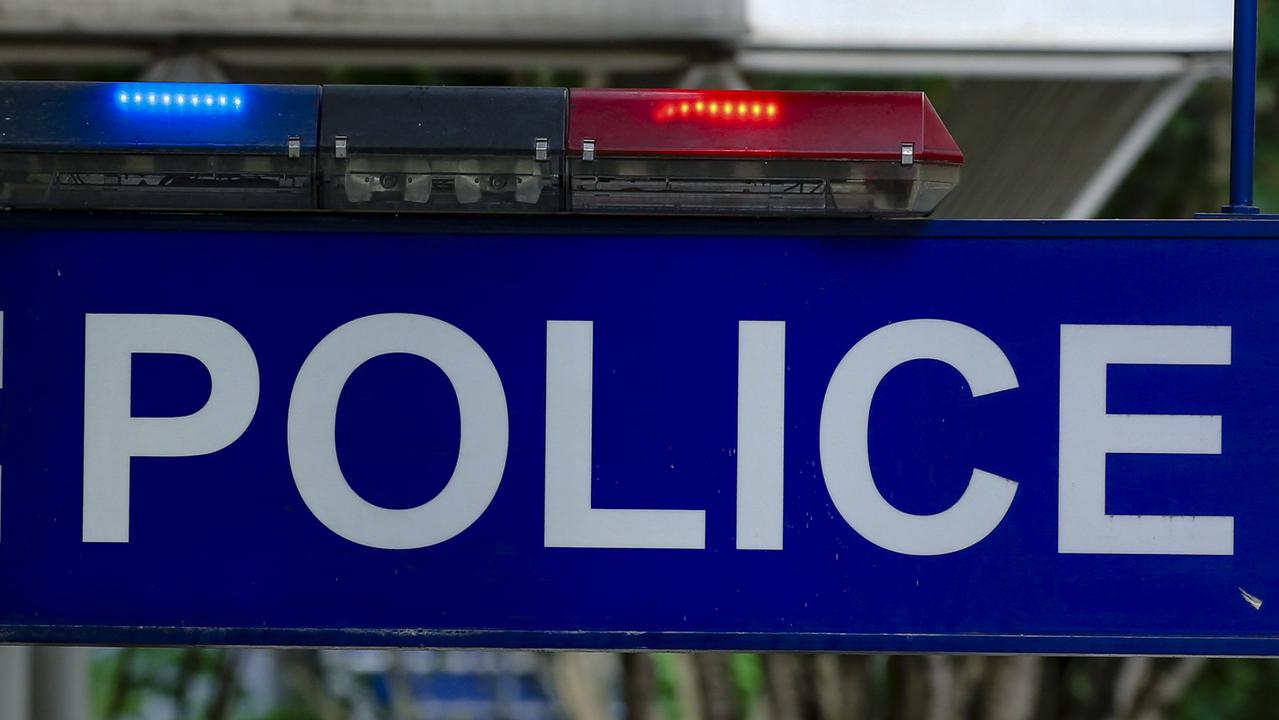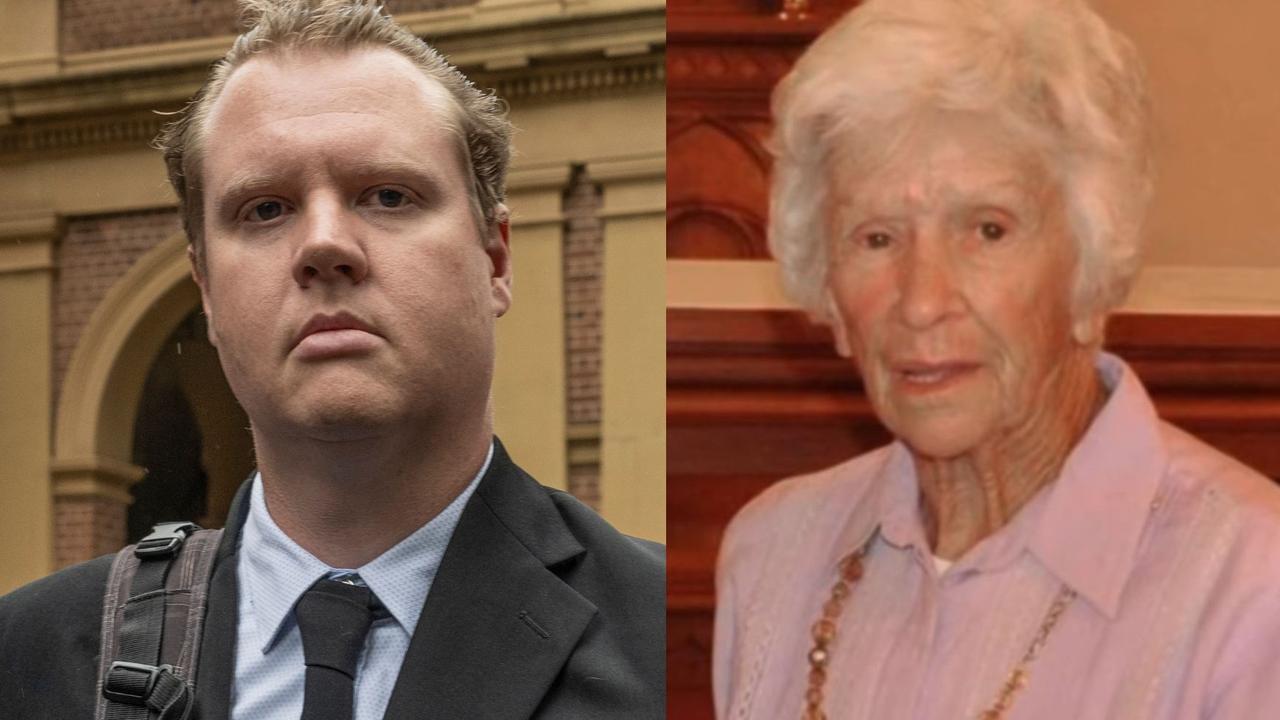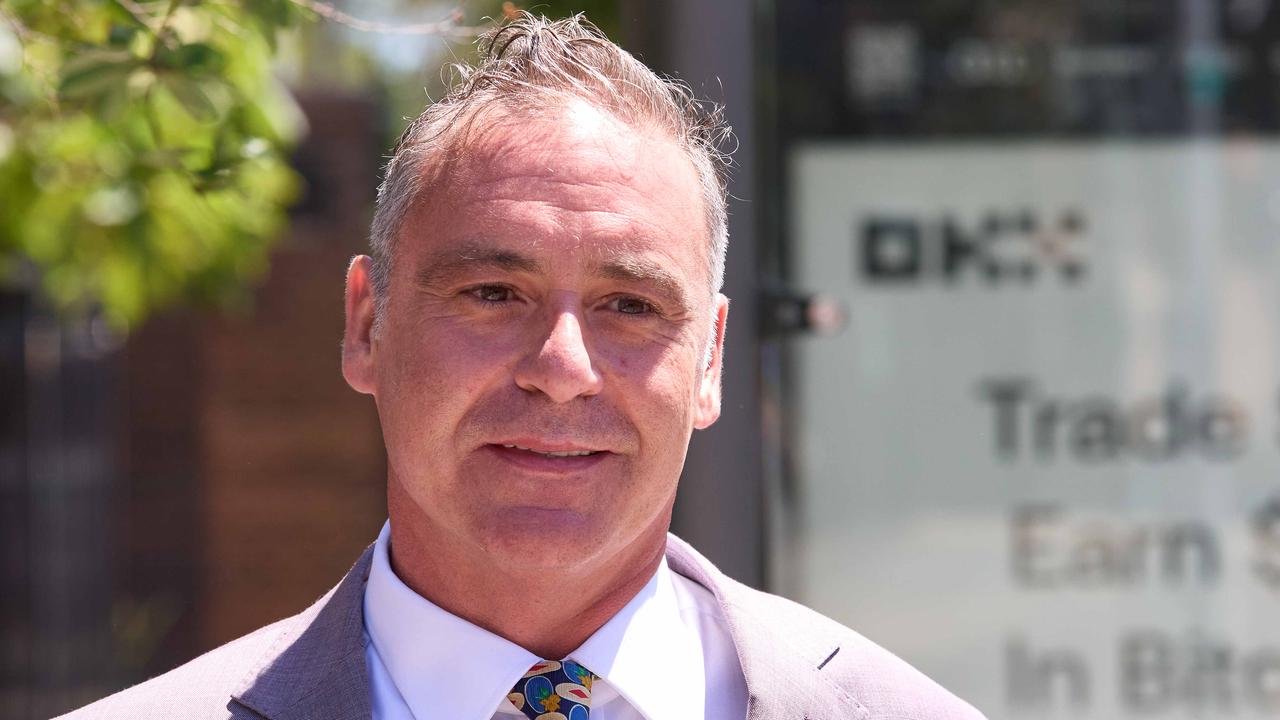’Perplexing and unreasonable’: Anger over secret hearings for Tyrrell inquest
The inquest into missing boy William Tyrrell is being carried out in secret, in what’s been slammed as a “perplexing and unreasonable” move.

The William Tyrrell inquest has been slammed for secrecy in closing down hearings from public scrutiny and refusing access by media, lawyers and the community to certain witnesses.
Peter O’Brien, who is representing washing machine repair man Bill Spedding, said the secret court hearings were “perplexing and unreasonable”.
Supporting an application by Channel 9 and Nine newspapers to open evidence deemed by the inquest to be heard a closed court, Mr O’Brien said proceedings so far were causing witnesses “a level of consternation and concern”.
The inquest resumed last week into the disappearance of toddler William Tyrrell from the NSW mid north coast town of Kendall on September 12, 2014.
Despite a week of open hearings in March this year, the NSW Deputy Coroner Harriet Grahame has closed off hearings for witnesses who have been given pseudonyms while providing evidence.
She upheld the orders to close the court this morning and rejected Nine’s application to allow media and public access to testimony by certain witnesses.
“Closing a court is never done lightly,” she said.
“Closing court is a difficult step but it must be done sometimes.”
Ms Grahame has previously said the principles of open justice would apply to the Tyrrell inquest.
Nine’s lawyer Lorena Alick said she was opposing on her client’s behalf the secrecy of certain witness hearings.
This followed an overnight filing by the NSW Police Commissioner of a confidential affidavit opposing the media application to open the court.
Michelle Swift, representing William’s biological father, also told the court she supported hearings proceeding in open court.
Mr O’Brien said he understood “the need for secrecy” for some of the inquest, but that he had sat outside for almost all of the evidence given yesterday.
Counsel assisting the inquest Gerard Craddock opposed the media and public gaining access, and cited a 1989 National Crime Authority case that had been heard in secret.
Ms Alick, for Nine, said even if Ms Grahame did not permit the media access to listen to name-suppressed witnesses, they should be allowed to read redacted copy of their evidence.




